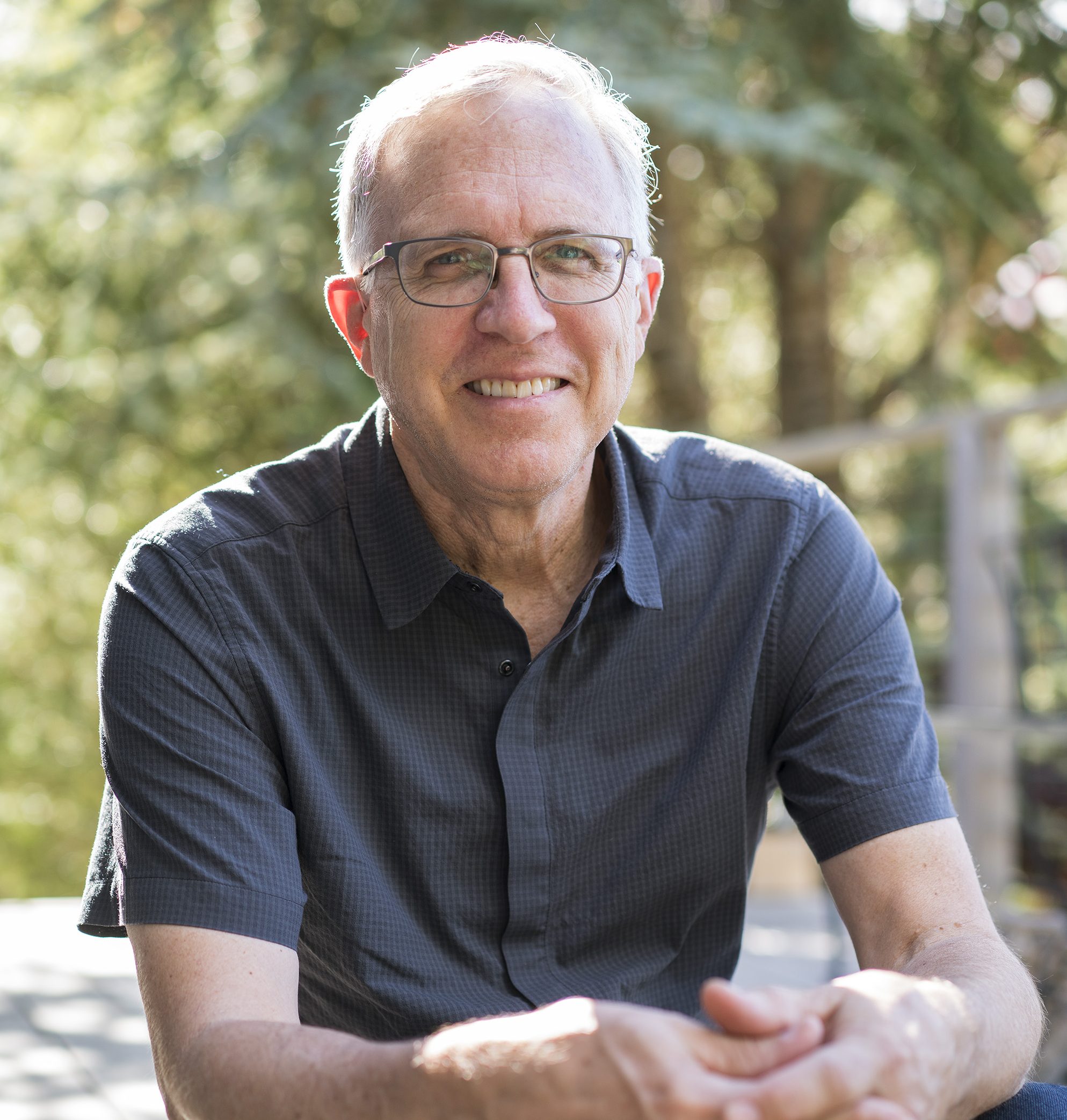David Bollier

David Bollier is an American activist, scholar, and blogger who is focused on the commons as a new/old paradigm for re-imagining economics, politics, and culture. The commons is as old as the human race but newly discovered, too, as the Internet, open source software, alternative currencies, and platform co-operatives.
Bollier pursues his commons scholarship and activism as Director of the Reinventing the Commons Program at the Schumacher Center for a New Economics (Massachusetts, US), and as cofounder of the Commons Strategies Group, an international advocacy project. He is particularly focused on the role of commons in re-imagining local economies to empower community self-reliance, prevent market enclosures, and anticipate the coming disruptions of climate breakdown and Peak Oil.
Bollier has co-organized pioneering international conferences and strategy workshops on the commons, and consults regularly with diverse activists and policy experts in the US and Europe. His blog, Bollier.org, is a widely read source of news about the commons, and his book Think Like a Commoner: A Short Introduction to the Life of the Commons [www.thinklikeacommoner.com] (2014), has been translated into six languages. He and coauthor Silke Helfrich published Free, Fair and Alive: The Insurgent Power of the Commons in 2019.
Bollier’s other books include Patterns of Commoning (2015) [www.patternsofcommoningorg] and The Wealth of the Commons (2012), [www.wealthofthecommons.org] both with co-editor Silke Helfrich; Green Governance (2013), co-authored with the late Professor Burns Weston; and Viral Spiral (2009), Brand-Name Bullies (2005), and Silent Theft (2002). Bollier lives in Amherst, Massachusetts.
The Insurgent Power of the Commons in the War Against the Imagination
Journal Article
I believe the commons paradigm can help us develop a new social and cultural vision, and new strategies for practical change. Paradoxically enough, redirecting our attention away from conventional politics and policy may offer the most promising possibilities for developing a transformational vision.
The Treasure of Our Living, Relational Commons
Journal Article
As I have learned about the social life of trees and the intimate bonds that indigenous peoples have with various lifeforms and rivers – and as I pore through recent ecophilosophy that explains aliveness to the western mind — I’ve concluded: We really ought to be talking more about animism and commoning.
Honoring Commons-based Circuits of Value
Journal Article
It is becoming clear that our path beyond the pandemic, climate change, social inequality and much else will require some serious social and political transformations. But to navigate a reliable path forward, we must learn how to protect forms of value that cannot be expressed through price or created through markets.
